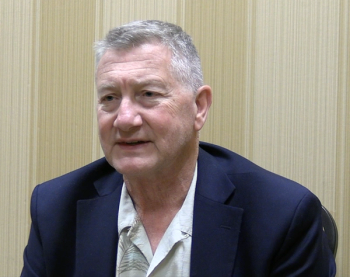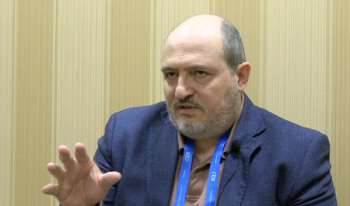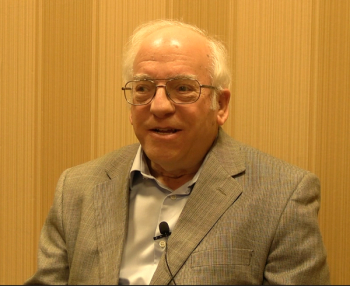
Juergen Popp Wins Pittsburgh Spectroscopy Award
Juergen Popp, a chair-holder of physical chemistry at the Friedrich-Schiller University Jena (Jena, Thuringia, Germany), was presented with the Pittsburgh Spectroscopy Award on March 8 at Pittcon 2016 in Atlanta, Georgia.
Jüergen Popp, a chair-holder of physical chemistry at the Friedrich-Schiller University Jena (Jena, Thuringia, Germany), was presented with the Pittsburgh Spectroscopy Award on March 8 at Pittcon 2016 in Atlanta, Georgia. He has served as the Scientific Director of the Leibniz Institute of Photonic Technology (Jena, Thuringia, Germany) since 2006.
Popp’s research interests are in the areas of biophotonics and material sciences, in particular, the development and application of innovative Raman techniques for biomedical diagnostics as well as environmental and food analysis. He and his group focus on the development of non-invasive photonic micro-spectroscopic methods for an in vitro and in vivo detection and characterization of heme and heme degradation products (HHDPs) and HHDP-peptide interactions.
Newsletter
Get essential updates on the latest spectroscopy technologies, regulatory standards, and best practices—subscribe today to Spectroscopy.




